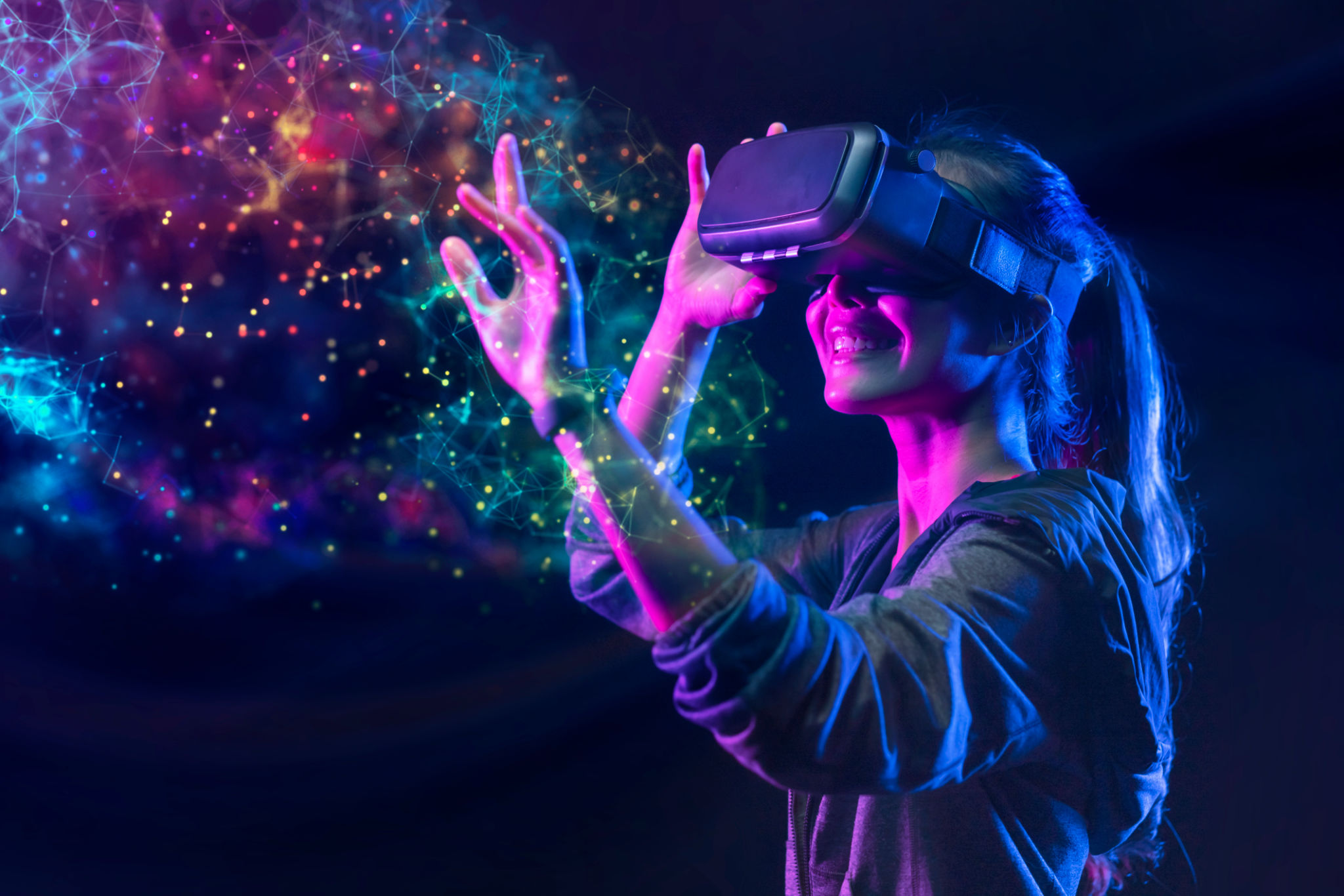How Virtual Reality is Transforming Canadian Industries
Introduction to Virtual Reality in Canada
Virtual Reality (VR) is no longer just a concept in science fiction; it has become a transformative tool across various industries. In Canada, companies are increasingly adopting VR technologies to enhance operations and customer experiences. From healthcare to real estate, VR is making waves and setting new standards for engagement and innovation.

Healthcare: Revolutionizing Patient Care
In the healthcare sector, VR is being used to train medical professionals, simulate surgeries, and even treat patients. Canadian hospitals are leveraging VR to provide immersive training experiences for medical students, allowing them to practice procedures in a risk-free environment. Additionally, VR is being used in therapeutic settings to help patients with phobias and PTSD, offering a controlled space to confront and manage their anxieties.
Training and Simulation
Medical training has seen significant improvements with VR simulations. Healthcare professionals can now engage in realistic scenarios that prepare them for real-life situations, improving their skills and confidence. This approach not only enhances the quality of care but also reduces the costs associated with traditional training methods.
Real Estate: Changing the Way We Buy Homes
In the real estate industry, VR tours are becoming a staple for Canadian realtors. Prospective buyers can explore properties from the comfort of their own homes, saving time and resources. This technology allows buyers to experience a property's layout, size, and feel without physically being there, making the home-buying process more efficient and accessible.

Enhanced Buyer Experience
VR tours provide potential buyers with an immersive experience that static images or videos cannot offer. They can virtually walk through properties, change decor options, and even visualize renovations, all contributing to a more informed purchasing decision. This innovation is especially beneficial in Canada's expansive geography where physical travel to multiple properties can be challenging.
Education: An Interactive Learning Environment
The education sector in Canada is also reaping the benefits of VR technology. Classrooms are transforming into interactive learning environments where students can engage with content in new and exciting ways. From exploring historical sites to conducting virtual science experiments, VR offers a plethora of opportunities for enriched learning experiences.
Bridging the Gap in Remote Learning
With the rise of remote learning, particularly during the COVID-19 pandemic, VR has provided an additional layer of interaction that traditional online platforms lack. Students can participate in virtual field trips or collaborative projects that make learning more engaging and effective. This technology not only enhances educational outcomes but also fosters a love for learning among students.

Conclusion: The Future of VR in Canadian Industries
As VR technology continues to evolve, its applications across Canadian industries are set to expand even further. The potential for VR to revolutionize how businesses operate and interact with their customers is immense. As Canadian companies continue to embrace this technology, the future looks promising for a more immersive and interactive world.
The transformative power of VR is unmistakable, and its ability to enhance efficiency, engagement, and education across industries is unparalleled. As we look ahead, it's clear that VR will play a crucial role in the continued growth and innovation of Canadian industries.
